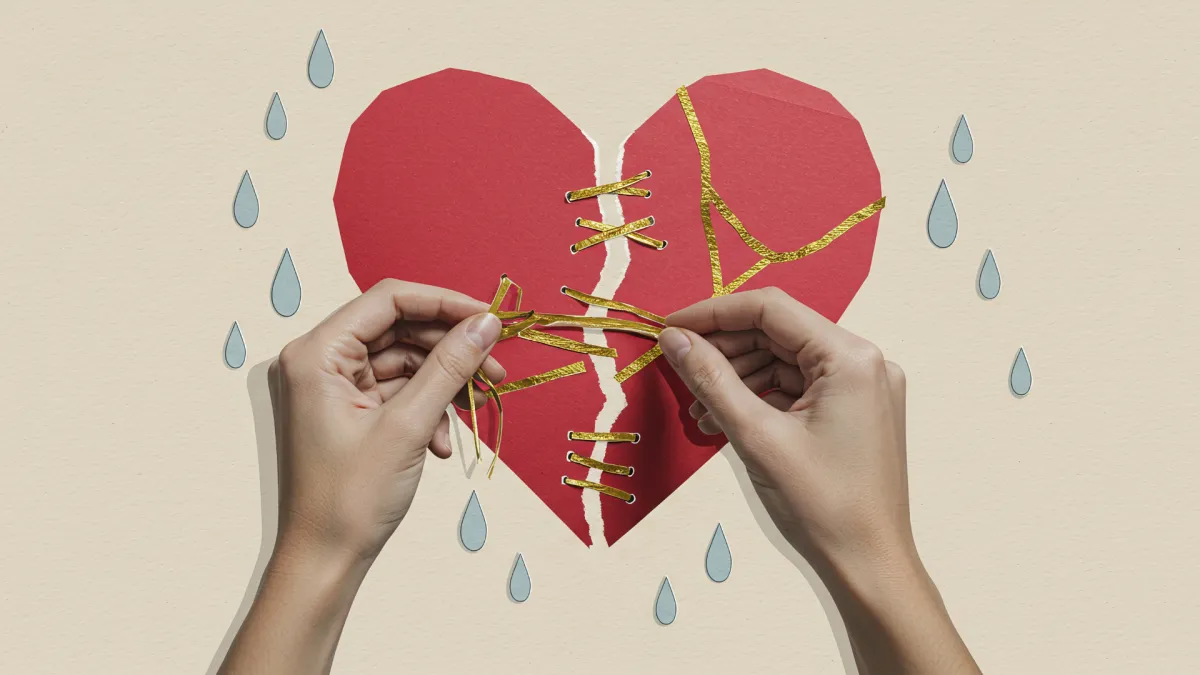
The Tie Between Substance Use and Childhood Trauma
If you’ve been wondering about the connection between addiction and early pain, this piece explores how therapy for childhood trauma plays a central role in understanding and healing the tie between substance use and early experiences of adversity.
Childhood trauma (such as neglect, abuse, or household dysfunction) can dramatically increase a person’s vulnerability to substance use disorders later in life.
Personal Wellness Solutions offers dedicated support with a substance use counselor in Florida who understands trauma’s impact on addiction and recovery.
Understanding Childhood Trauma and Its Lifelong Shadow
Adverse childhood experiences (ACEs), including physical or emotional abuse, neglect, witnessing domestic violence, or growing up with a parent who struggled with mental illness or addiction, deeply affect development.
According to the renowned CDC-Kaiser ACE Study, exposure to four or more ACEs increases risks of alcoholism by 700%, drug misuse by 1,100%, and attempted suicide rates rise dramatically .
Many individuals with multiple ACEs turn to substances as a form of self‑medication to numb emotional pain or quiet intrusive memories. These early disruptions shape stress response systems and reward pathways, making substance use a tempting escape.
How Trauma Neurobiology Drives Substance Use
Trauma in early life rewires the brain:
It disrupts dopamine pathways, leading to a reduced baseline of reward and motivation.
It over-activates the amygdala, heightening emotional responses like fear and anger.
It impairs the prefrontal cortex, reducing impulse control and decision-making capacity.
These changes combine to create a neurobiological vulnerability, making substances feel like a temporary solution to regulation difficulties.
The Trauma–Addiction Link: Research and Reality
Studies consistently show that a high percentage of people in addiction treatment report childhood trauma:
Roughly three-quarters of individuals with substance use disorders report at least one traumatic experience before age 16; over half report childhood sexual abuse.
Exposure to parental substance abuse or severe neglect increases adult addiction risk by over three times compared to those without ACE exposure .
Dual diagnosis with PTSD and SUD (substance use disorder) is common—nearly half of veterans with PTSD also experience addiction .
Why Therapy for Childhood Trauma Matters
Therapy for childhood trauma is essential to recovery because it targets root causes—rather than simply treating symptoms.
Trauma-informed care acknowledges:
Trauma imprints on the body and brain
Addiction may serve as a survival strategy
Recovery must address emotional regulation, safety, and attachment wounds
Therapies like Trauma-Focused Cognitive Behavioral Therapy (TF-CBT) and trauma-informed relapse prevention combine cognitive restructuring, emotional processing, and coping skills to support healing .
Signs Substance Use May Be Trauma-Related
Consider these red flag patterns:
Using alcohol or drugs to escape memories, flashbacks, or emotional numbness
Substance cravings spike around trauma anniversaries or conflict triggers
Feelings of shame, guilt, or self-blame underlying addictive behaviour
Cycles of relapse when mental health or self-worth feels especially fragile
These often signal that unresolved trauma is a core driver—calling for therapy, not just detox.
Integrating Trauma Therapy with Addiction Treatment
Effective recovery pairs substance use treatment with trauma-focused therapy:
Simultaneous treatment of trauma and addiction yields better outcomes than sequential approaches.
Group models like the TAMAR (Trauma, Addiction, Mental Health & Recovery) program blend trauma education, expressive work, and support for people with co-occurring disorders .
Trauma-informed frameworks create emotional safety in addiction care settings, reducing re-traumatization and shame .
How Therapy for Childhood Trauma Supports Recovery
1. Building Safety and Regulation
Grounding and emotion regulation help individuals face triggers without escalating into substance use.
2. Processing Traumatic Memories
Therapy helps integrate traumatic experiences, reducing their unconscious pull on behaviour.
3. Reframing Identity and Narratives
Clients learn to distinguish themselves from their trauma and substance use—healing shame-based identities.
4. Restoring Attachment and Trust
Safe therapeutic relationships provide reparative connections essential to rebuilding emotional resilience.
5. Learning Adaptive Coping Skills
Rather than relying on numbing substances, clients develop tools like mindfulness, self-compassion, and assertiveness.
When to Seek Help and What to Expect
If substance use feels tied to old pain or if traditional addiction counseling hasn’t addressed underlying wounds, reach out for specialized care.
With Personal Wellness Solutions, you can work with a substance use counselor in Florida trained in trauma-informed approaches who can:
Conduct comprehensive assessments of trauma history and addiction patterns
Co-create a personalized treatment plan integrating trauma therapy and recovery support
Provide individual therapy, group support, and relapse prevention strategies
Help you build new patterns grounded in safety, connection, and resilience
Common Myths Clarified
Not everyone with trauma becomes addicted. True—protective factors like stable relationships and resilience reduce risk. But trauma remains a prominent amplifier of vulnerability.
Medication alone solves addiction. Addressing trauma without processing Emotion or belief rarely stops relapse.
Therapy makes you relive trauma. Safe, paced approaches like TF‑CBT help integrate trauma gently and respectfully.
Take the First Step Toward Healing
Understanding the powerful link between trauma and addiction is the first step toward real recovery. If you or someone you love has struggled with addiction rooted in early pain, you don’t have to navigate it alone.
Schedule your conversation today, and begin building real resilience, safety, and hope.
